Your portfolio is more important than your resume.
And more important than your job history.
And much more important than your references.
The projects in your portfolio and the code you used to create them are exactly what discerning employers want to see and talk about when they call you up for an interview.
Unfortunately, we see two avoidable, yet common mistakes in developers' portfolios.
Mistake #1: Relying on applications you created for a previous company.
If you include a project in your portfolio you should have full access to the app and full access to the code.
Your interviewer should be able to browse the project, even if there are password protected areas. And you must be prepared to show your code when asked.
That's the paradox of being an experienced, professional programmer. Even if your work was beloved by your last company, it may mean little to your next company.
You need to have your own project, one that you have complete control over.
Mistake #2: Relying on applications you created for yourself
That app you created to make your life easier may impress your developer friends, but unless it has a well-designed user interface it shouldn't be shown during a job interview.
Even if the hiring manager has technical aptitude, you still only want to present your best, most polished work. You don't know who else will be in the room for your interview, or who else wants to see your work before the final decision is made.
So not only does the project need to be yours, it has to be attractive and easy for your next job to understand.
The Perfect Portfolio Includes Work You Made For Your Next Employer
Not for your last job. And not for yourself. You need examples of work that will impress your next job.
Figure out what type of applications your target company needs. And show the hiring manager you know how to build that.
Luckily, most enterprises are not breaking new ground with the software they need you to work on. So your portfolio will include projects that most developers consider boring, or run-of-the-mill, like a bug tracker or simple CMS.
At Coder Foundry we have you fill your portfolio with job-winning projects.
We know what employers are looking for. And we know what bores or confuses them. That's why we have you focus on projects that resemble the type of work your next boss will have you doing day-in and day-out.
The logic is simple. We want you to get immediate recognition from an employer that you know what you’re doing and will be a perfect fit for their organization.
The right portfolio has that power. So choose your projects wisely.
---
The next step in the roadmap tackles the most nerve wracking part of the developer job hunt - the technical interview.
Want to know which projects fill up our students' portfolio? Read our complete syllabus.

